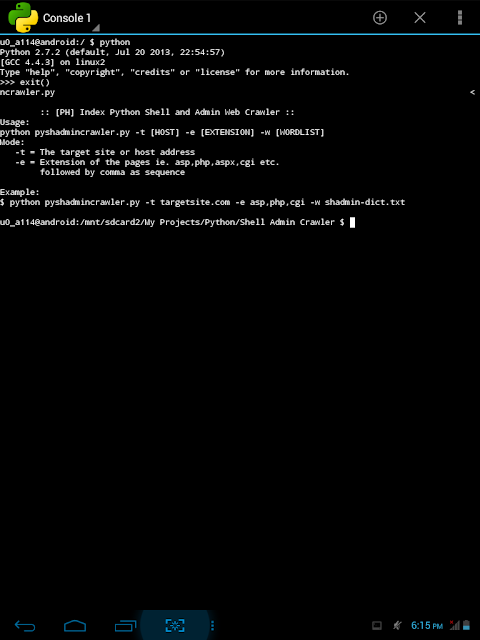Good day!
This is somewhat to be called a web crawler.
A Web crawler starts with a list of URLs to visit, called the seeds. As the crawler visits these URLs, it identifies all the hyperlinks in the page and adds them to the list of URLs to visit, called the crawl frontier. URLs from the frontier are recursively visited according to a set of policies.
The large volume implies that the crawler can only download a limited number of the Web pages within a given time, so it needs to prioritize its downloads. The high rate of change implies that the pages might have already been updated or even deleted.
The number of possible URLs crawled being generated by server-side software has also made it difficult for web crawlers to avoid retrieving duplicate content. Endless combinations of HTTP GET (URL-based) parameters exist, of which only a small selection will actually return unique content. For example, a simple online photo gallery may offer three options to users, as specified through HTTP GET parameters in the URL. If there exist four ways to sort images, three choices of thumbnail size, two file formats, and an option to disable user-provided content, then the same set of content can be accessed with 48 different URLs, all of which may be linked on the site. This mathematical combination creates a problem for crawlers, as they must sort through endless combinations of relatively minor scripted changes in order to retrieve unique content.
As Edwards et al. noted, "Given that the bandwidth for conducting crawls is neither infinite nor free, it is becoming essential to crawl the Web in not only a scalable.
Here, I just want to share my page finder written in python using dictionary based for pentesting your page or crawling for malicious backdoor shells possibly uploaded by defacers or crackers. And also crawling for admin pages.
Here's a screenshot on how to use
Download along with dictionary file: http://www.4shared.com/archive/v-8hZC6mce/pyshadmintar.html
View code snippet:
This is somewhat to be called a web crawler.
A Web crawler starts with a list of URLs to visit, called the seeds. As the crawler visits these URLs, it identifies all the hyperlinks in the page and adds them to the list of URLs to visit, called the crawl frontier. URLs from the frontier are recursively visited according to a set of policies.
The large volume implies that the crawler can only download a limited number of the Web pages within a given time, so it needs to prioritize its downloads. The high rate of change implies that the pages might have already been updated or even deleted.
The number of possible URLs crawled being generated by server-side software has also made it difficult for web crawlers to avoid retrieving duplicate content. Endless combinations of HTTP GET (URL-based) parameters exist, of which only a small selection will actually return unique content. For example, a simple online photo gallery may offer three options to users, as specified through HTTP GET parameters in the URL. If there exist four ways to sort images, three choices of thumbnail size, two file formats, and an option to disable user-provided content, then the same set of content can be accessed with 48 different URLs, all of which may be linked on the site. This mathematical combination creates a problem for crawlers, as they must sort through endless combinations of relatively minor scripted changes in order to retrieve unique content.
As Edwards et al. noted, "Given that the bandwidth for conducting crawls is neither infinite nor free, it is becoming essential to crawl the Web in not only a scalable.
Here, I just want to share my page finder written in python using dictionary based for pentesting your page or crawling for malicious backdoor shells possibly uploaded by defacers or crackers. And also crawling for admin pages.
Here's a screenshot on how to use
Download along with dictionary file: http://www.4shared.com/archive/v-8hZC6mce/pyshadmintar.html
View code snippet:

0 comments:
Post a Comment